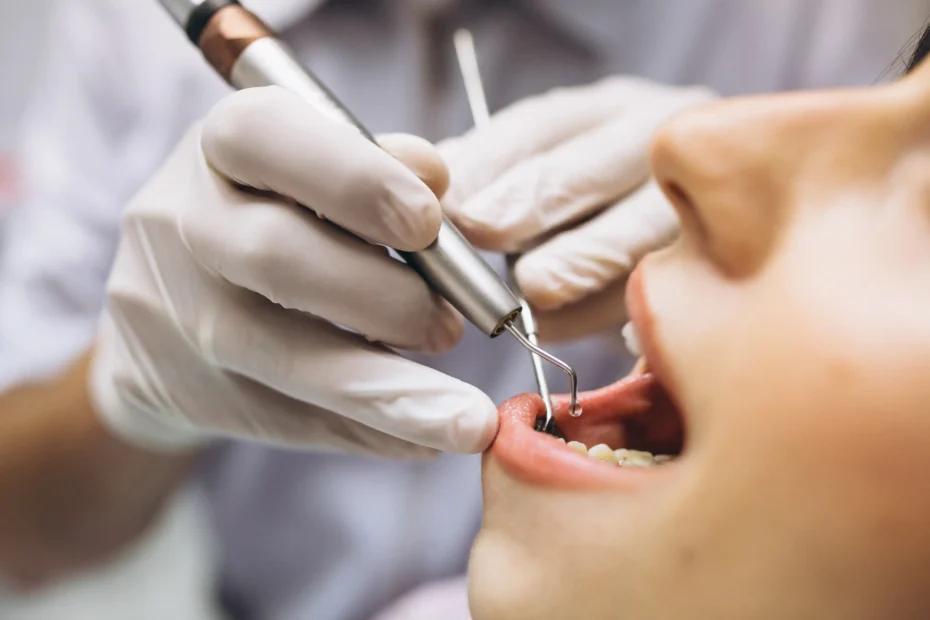Key Takeaways:
- One common and dependable way to replace lost teeth is with dental implants.
- Most patients report that the operation is well-tolerated and have little discomfort.
- Awareness of the dental implant process can reduce any worry over the operation.
- Proper aftercare and knowing what to expect will aid in a smooth recovery.
Introduction
Dental implants have completely changed how people deal with missing teeth by providing a durable and visually beautiful alternative. However, the question often arises: “Do dental implants hurt?” Understanding the procedure and what follows can help ease concerns and prepare patients for their journey toward a brighter smile. Alongside robust advances in dental technology, the implant process has become more manageable. For dental implants near West Palm Beach FL, numerous professionals provide excellent care, ensuring patient comfort throughout the procedure.
Understanding the Dental Implant Procedure
Fundamentally, a dental implant is a titanium post surgically inserted into the mandible to provide a strong base for a replacement tooth. The surgery is typically completed in stages and administered under local anesthesia, which numbs the area and minimizes pain during the procedure. While some patients may experience anxiety before surgery, understanding the process can help alleviate potential fears. Most patients find the experience similar to a tooth extraction in terms of discomfort.
During the procedure, an experienced dental surgeon makes an incision in the gum to expose the bone where the implant will be placed. The bone is then carefully drilled to accommodate the implant, which is positioned precisely to ensure stability and functionality. Following this phase, the healing process starts when the gums are sutured. This first stage is essential because it enables osseointegration, the process by which the implant and bone join, forming a solid anchor for the final crown.
Immediate Post-Surgery Sensations
It’s common to experience discomfort after the dental implant procedure. This can include swelling, tenderness, or minor bruising around the site. However, these side effects are typically mild and transient, often subsiding within a few days. Normally, your dentist’s prescribed over-the-counter pain medicines can be used to control any initial pain or discomfort.
Patients are advised to follow their dentist’s aftercare instructions, including avoiding strenuous activities, maintaining a soft diet, and practicing diligent oral hygiene. This helps mitigate discomfort and promotes faster healing. Elevating the head with an extra pillow during sleep can also assist in reducing swelling in the immediate postoperative period.
The Healing Process and Recovery
The recovery phase after receiving a dental implant is crucial to ensuring a successful outcome. The process by which the jawbone develops around the implant, known as osseointegration, usually takes many months to finish. It is crucial to practice good oral hygiene during this period and schedule follow-up visits with your dentist to track the healing process.
During recuperation, patients are advised to refrain from smoking and heavy alcohol use since these behaviors can hinder the healing process. A well-balanced diet full of vital vitamins and minerals can support the body’s natural healing processes and speed up healing. It is crucial to follow any recommendations your dentist may provide for your particular case.
Long-term Benefits of Dental Implants
Dental implants have several long-term advantages that greatly exceed the short recovery time, even with the acute discomfort felt after surgery. They assist in maintaining the surrounding teeth and the natural bone structure while offering a solid and long-lasting remedy for tooth loss. Furthermore, dental implants restore functionality, allowing individuals to eat, speak, and smile confidently.
Unlike dentures or bridges, dental implants do not require additional maintenance or periodic replacement, making them a cost-effective and hassle-free option. Additionally, implants can significantly improve the aesthetic appearance of a person’s smile, contributing positively to their overall self-esteem and quality of life.
Tips for a Smooth Recovery
There are several ways to ensure that your recovery from dental implant surgery is as smooth and comfortable as possible. Following these tips can significantly aid your healing process:
- Avoid hard or crunchy meals that can cause discomfort at the implant site. Instead, eat soft foods that don’t require much chewing, such as smoothies, soups, and yogurts.
- Avoid extremely hot or cold beverages, as sensitive gums might react unfavorably post-surgery.
- To keep your mouth clean and lower your risk of illness, rinse it frequently with warm salt water.
- Adhere to any prescribed medication protocols to manage pain and prevent inflammation.
Consistency in these practices will provide the best chance for a quick and comfortable healing process.
Conclusion
Dental implants are a long-lasting and very successful way to replace lost teeth. Even though the idea of surgery can be frightening, these worries can be significantly reduced by being aware of the process and what to anticipate during the healing process. Most patients have minimal discomfort and excellent results thanks to improvements in dental methods and following post-operative care guidelines.
Dental implants are a wise investment due to their long-term benefits, which include enhanced oral function, appearance, and quality of life. By selecting a skilled dentist and adhering to recommended aftercare, patients can anticipate a speedy recovery and a more radiant, self-assured smile.
